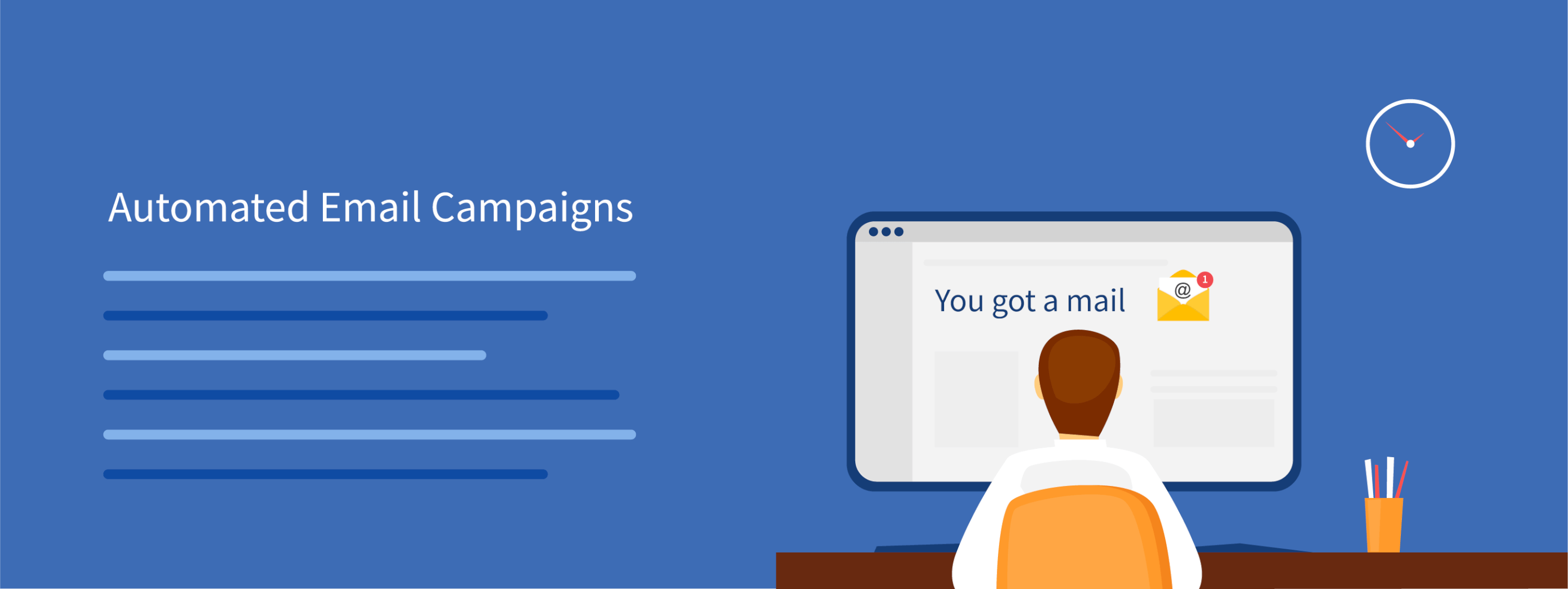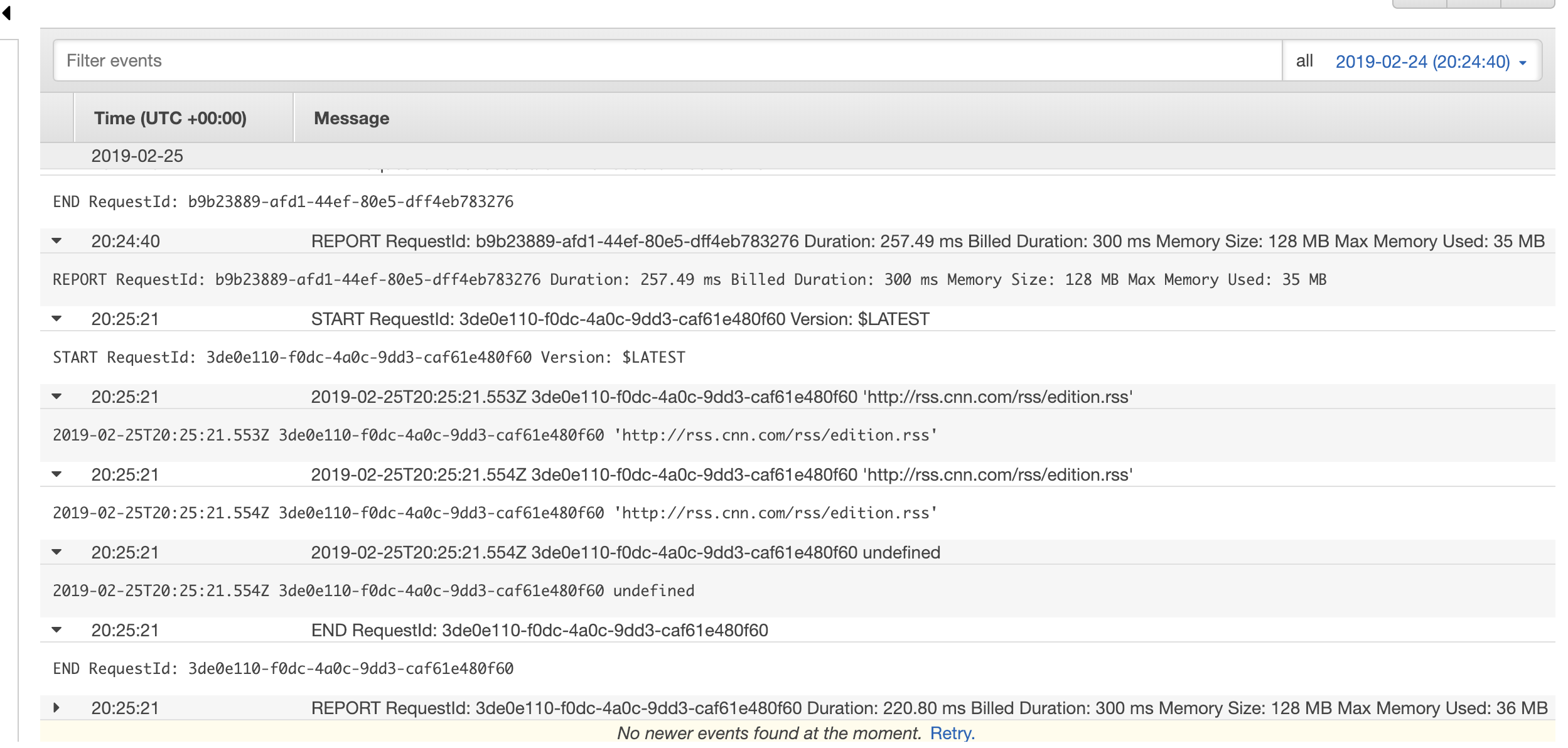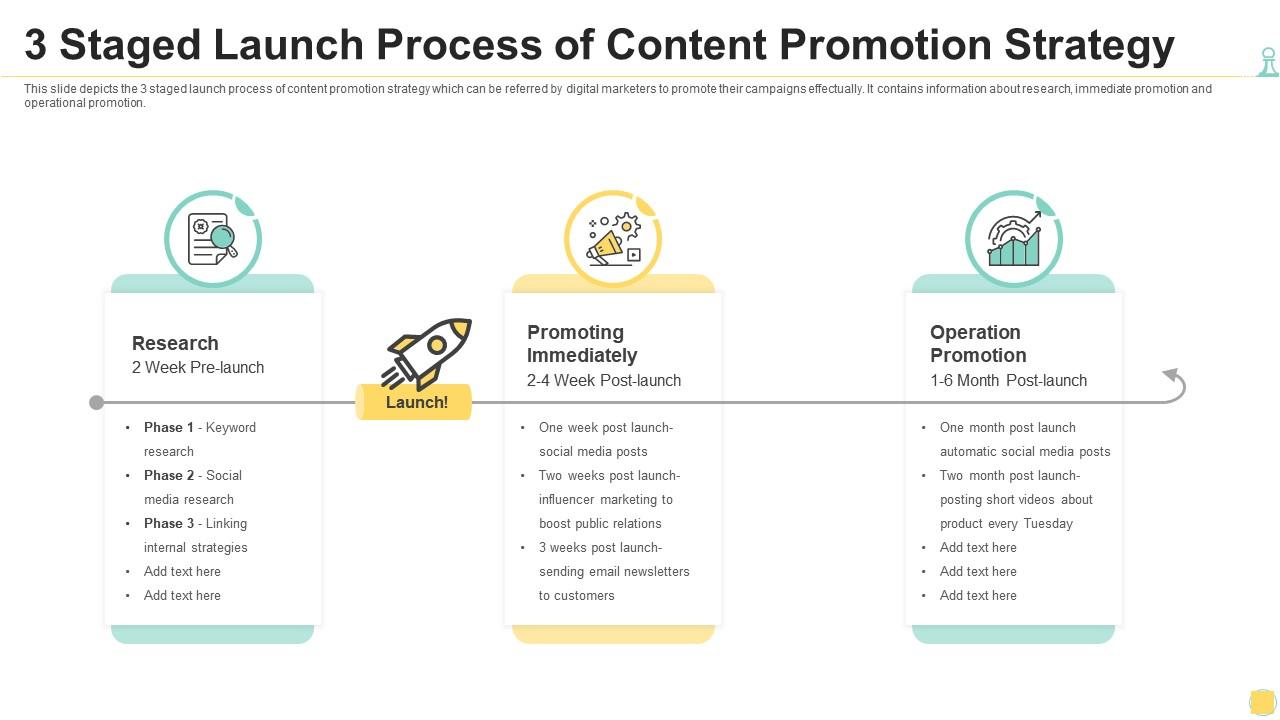
Marketing automation allows marketers the ability to automate many marketing tasks, and deliver the best content at the right times. It can also help businesses improve their ROI measurement. Businesses can also gain a better understanding of their prospects and customers through these processes. These processes can be automated and tracked, which allows sales staff to spend more time on other important tasks.
Marketing automation systems are digital solutions that connect different tools. It can track consumer behavior and send relevant emails to them. This allows marketers and other professionals to create customized campaigns that target particular audiences and build strong customer relationships.
Marketing automation systems can be an effective way for businesses to reach more customers, no matter their size. Automation in digital marketing also enhances customer experience, and improves brand image. By making customer-centric campaigns a reality, organizations can generate a positive return on investment.

It is important to have a common understanding about how marketing automation works. Once the company has established a clear vision of the campaigns it would like to launch, it can begin to select the right tool. Every organization uses different features so it is important to select a marketing automation tool that suits its mission, size, and goals.
To implement a marketing automation solution, the organization's marketing and sales teams will need to collaborate. They will need to agree upon roles, SLAs and the definitions of lead types and categories. They will also need to establish lead scoring and lead mapping. Finally, they will need to define their goals and timelines.
It is important to use marketing automation solutions in conjunction with customer relation management (CRM). This will allow sales and marketing to exchange lead information and communicate between each other. An effective CRM will guarantee the integrity and quality of data. Combined with an automation solution, the two departments can also build advanced audience segments.
The integration of various components of your marketing automation program will be done by a web developer. This includes the configuration of core functionality, development of HTML emails, and integration of tracking scripts.

Tracking codes can be embedded into emails and web pages to reveal the stage of a prospect's buying process and whether they are ready to buy. This information can help you to decide when and how best to communicate with them.
Depending upon the size of your business, you might choose a flat monthly fee (or per contact) plan. However, the most successful marketing automation deployments are typically started by small, dedicated teams. A fixed monthly fee might be more beneficial for larger companies.
In order to be the best lead scoring model, your customer profile should reflect buyer behavior and complexity. You will want to continue reviewing and fine-tuning your model as you gain greater insight into your target customer's preferences and behaviors.
FAQ
Is marketing automation the future?
Marketing automation refers to the use of software and technology in order to automate, measure, and streamline marketing tasks. It frees up resources for more difficult tasks, such as customer behavior analysis or personal engagement. It is a time-saving tool that helps marketers save money, energy, and time by automating mundane tasks such segmentation, testing, and personalizing campaigns. It also tracks website visits and behaviour, manages customer engagements across multiple channels, and so on.
Marketing automation is a tool that makes the customer journey easier and more understandable. Marketers will be able tap into richer data sources such social media platforms, connected devices and other channels to track customer travels in order to create personalized experiences to engage customers at each touch point. This will allow marketers to design highly targeted, agile strategies.
In addition to this, artificial intelligence (AI) will help marketers automate their decisions thus making campaigns even more efficient. With AI-powered bots taking care of repetitive tasks like scheduling emails or answering simple FAQs from customers, marketers can focus on important tasks that require human intelligence like refining the content strategy or understanding customer sentiment on particular products.
With the growing acceptance of automated marketing tools among small businesses and advances made in predictive analytics technologies, which generate insights from data collected by marketing automation, it's safe for us to predict that automated marketing will continue rising in popularity as 2021 approaches.
Marketing automation can be a powerful tool to help businesses compete in today's market. With the right tools, businesses can save money and provide personalized customer service. Businesses can improve response rates and customer satisfaction by leveraging customer segmentation. Marketing automation will be more important as technology evolves to help businesses remain competitive and succeed in future.
How do I automate my posts?
Are you tired of posting manually to multiple channels? Automating your tasks is a great way to save both time and money. Automations let you post your content across a variety of social networks with one click--so you can stay connected without needing to be.
Automating posts makes it possible to schedule posts in advance and ensure they arrive on time. You can customize which networks the post goes out on, or even automate the entire process if desired.
Automation allows you to reach more people in less time by automatically posting content on multiple platforms. It's easy to connect all your social media accounts (e.g., Instagram, Twitter and Facebook) and schedule posts from there. Take back control of your time, and you can get back to what matters most - creating great content!
What is SEO Automation?
Automation in SEO can be defined as the use and automation of technology for marketing-related tasks. Automation in SEO helps to save time, cut costs, and makes campaigns more efficient. Automating SEO activities can streamline content creation, keyword research and link building. Automated SEO tools provide data-driven analysis which identifies high-value potential opportunities that might otherwise be difficult to spot using traditional search engine optimizing methods.
There's practically nothing in SEO these days that can't be done automatically. This includes anything from monitoring website performance to competitor insights to optimizing for search engine ranking.
Automation works in the background so teams can focus on strategic initiatives and not get bogged down in manual tasks. Automation allows for rapid improvements in a broad range of metrics that maximize ROI while reducing costs.
Even better, it allows for you to constantly keep up with changes across search engines. This makes sure that your website is competitive in a changing digital landscape.
Automating content creation and distribution can help you do it more efficiently. Automated SEO tools enable you to quickly create keyword-rich content tailored to your audience. Automation can be used to publish content across multiple channels including blogs and social media. This allows you to reach a larger audience and improves your visibility on search engine result pages (SERPs).
Statistics
- Automator can probably replace 15% or more of your existing plugins. (automatorplugin.com)
- Marketing automation is one of the fastest-growing technologies out there, according to Forrester's Marketing Automation Technology Forecast, 2017 to 2023. (marketo.com)
- It can help reduce administrative overheads to savings of 3.4% on average, with most companies saving between 1.5% and 5.2% (Lido). (marketo.com)
- Companies that implement this kind of lead scoring enjoy 28% better sales productivity and 33% higher revenue growth than companies without lead scoring (MarTech Alliance). (marketo.com)
- Even if your database is currently filled with quality leads, how effective will your marketing automation be when you've either converted all those leads into customers or when your database begins decaying by ~22.5%/year? (hubspot.com)
External Links
How To
How do I set up content marketing automation workflows and how can I configure them?
Automation workflows are a series triggered actions which increase efficiency and reduce work load when optimizing content. This type of workflow allows for multiple tasks to be accomplished quickly and efficiently. While automation workflows are useful for any size content marketing campaign and can be used in a professional manner, they are especially helpful when done well.
To get the most out of an automation workflow, it takes planning and careful strategizing. Once you have identified the task goals and the timeline, begin researching the steps that must be taken from beginning to end to successfully complete these tasks. From there, map out a step-by-step process with clear milestones for each step of the way. Each milestone should be used as a checkpoint to help you track where your campaign is at any given point and to determine if there are any changes or updates that need to be made.
Now it is time to set up your automation processes so they flow seamlessly. Your workflow configuration can include creating email marketing messages, scheduling automatic posts or tweets and automating user feedback notifications. You can also set up notifications for each milestone. Before you publish the campaign, ensure that everything is correct. This will prevent any problems down the road that could affect deadlines and other goals.
It is important to manage the automation workflow effectively in order for everything to run smoothly. Keep track of progress and make adjustments as necessary based on results. Pay attention and reward top performers, while also considering future campaigns. All of the activities involved in managing an automation workflow will help to ensure it's success throughout its lifespan.